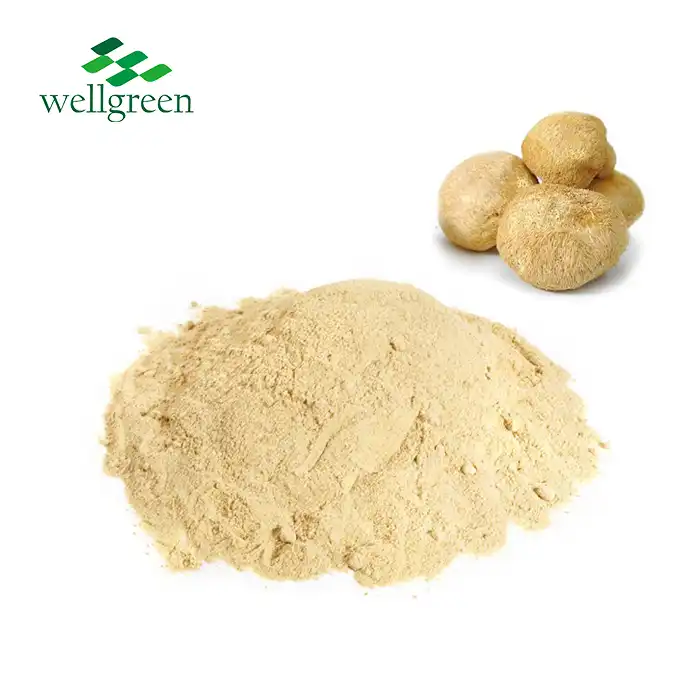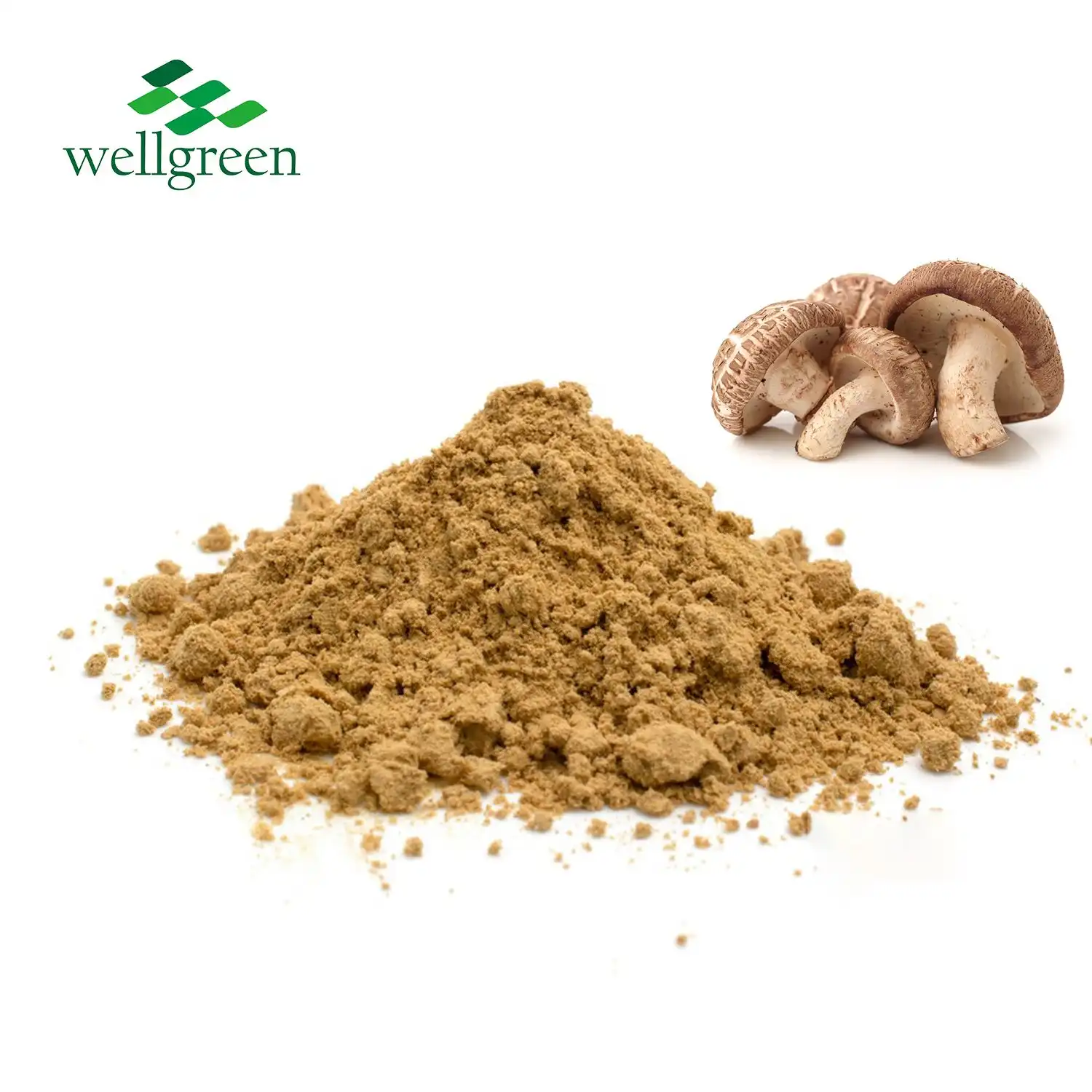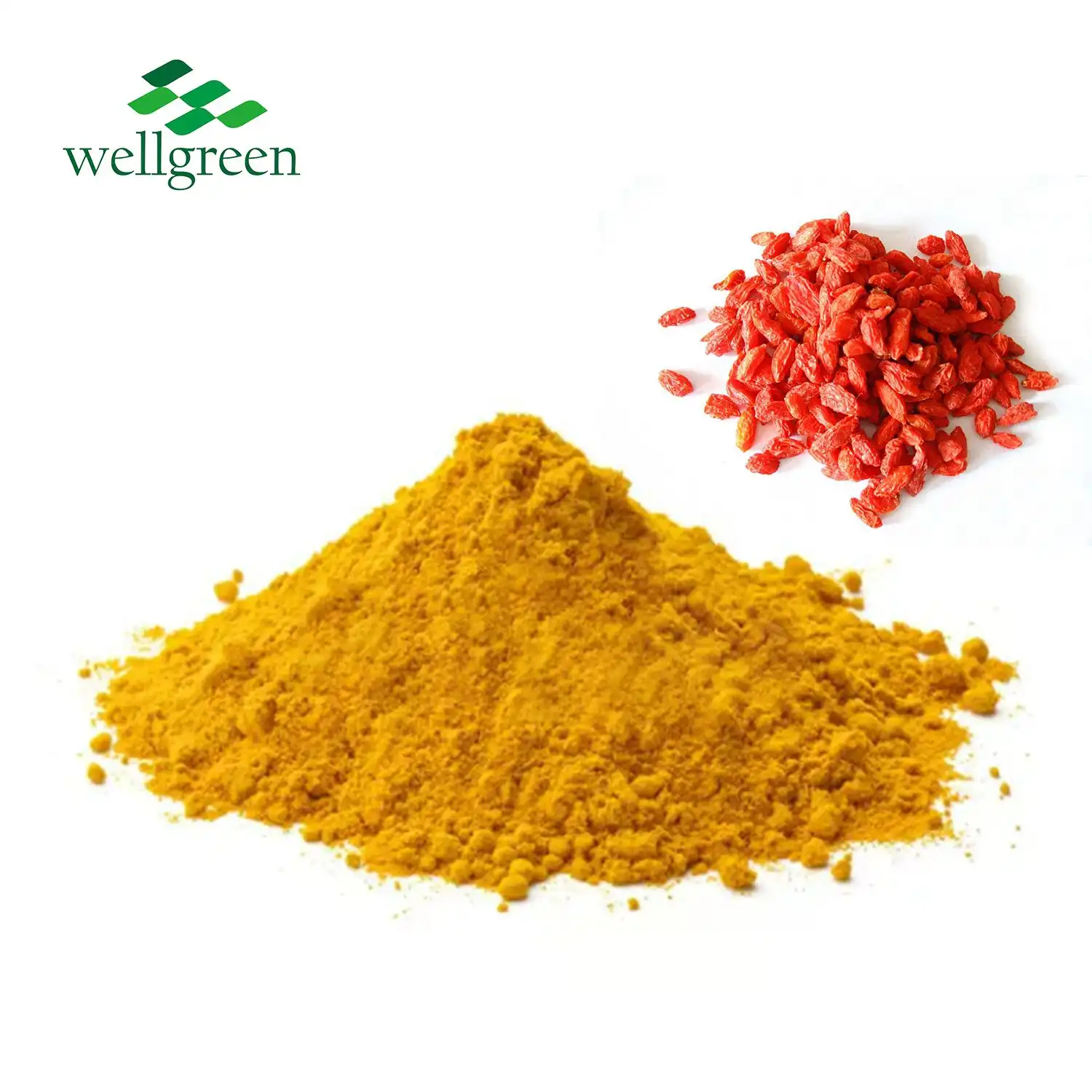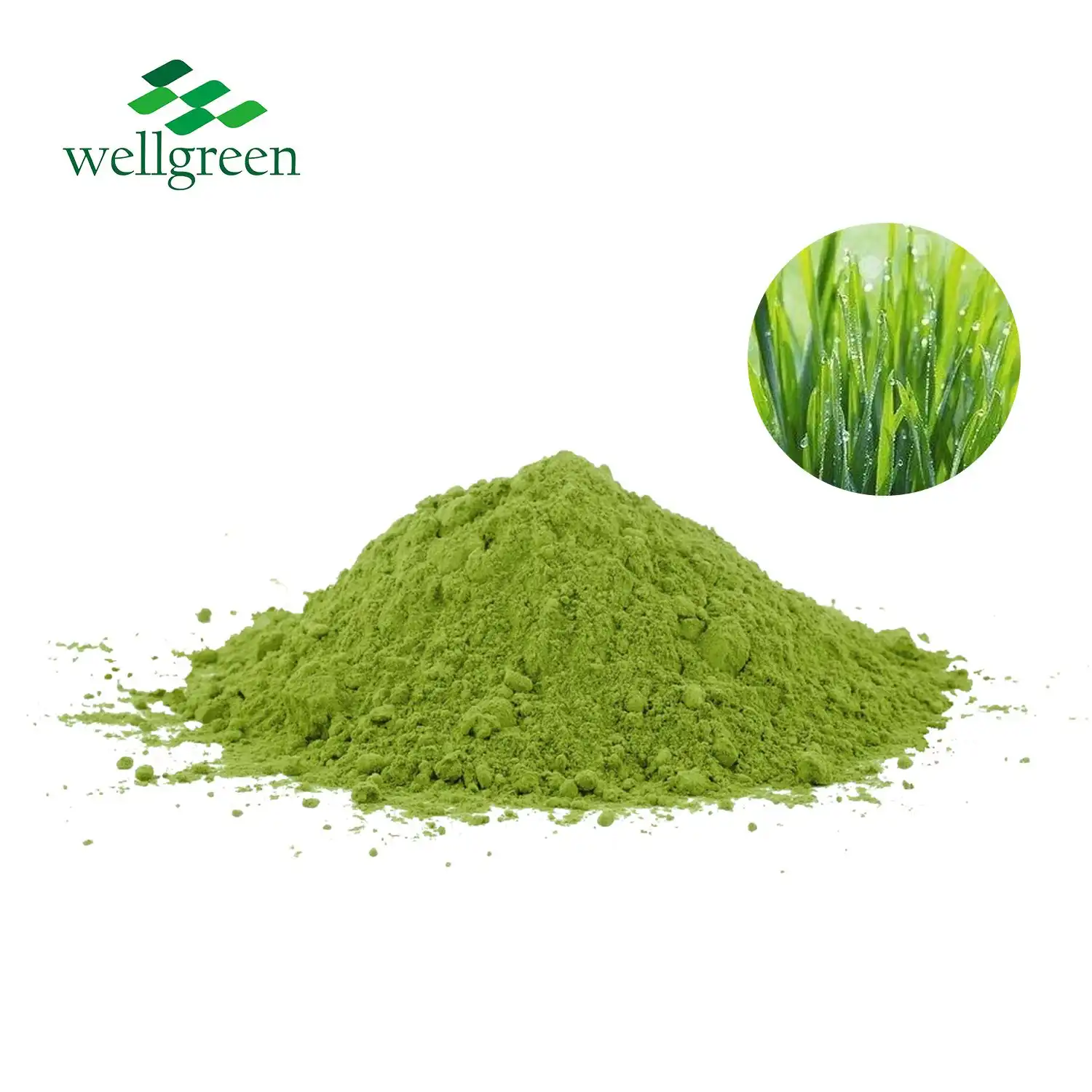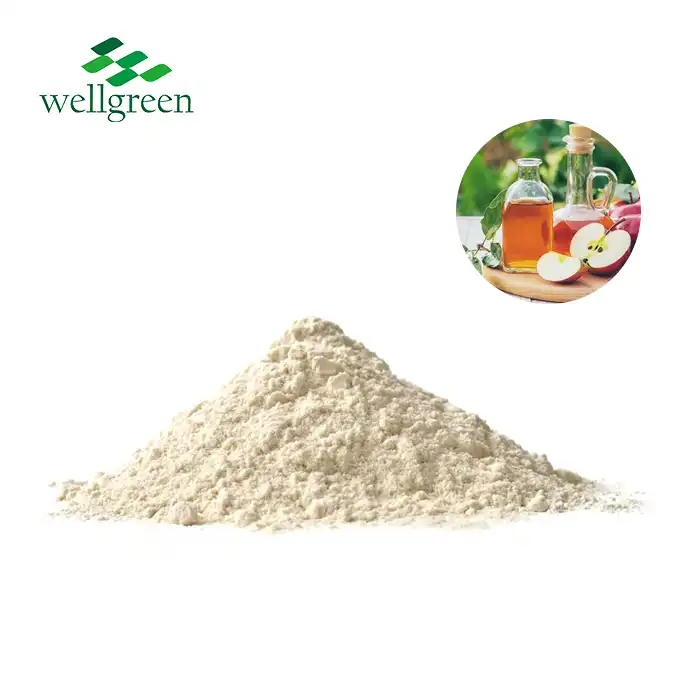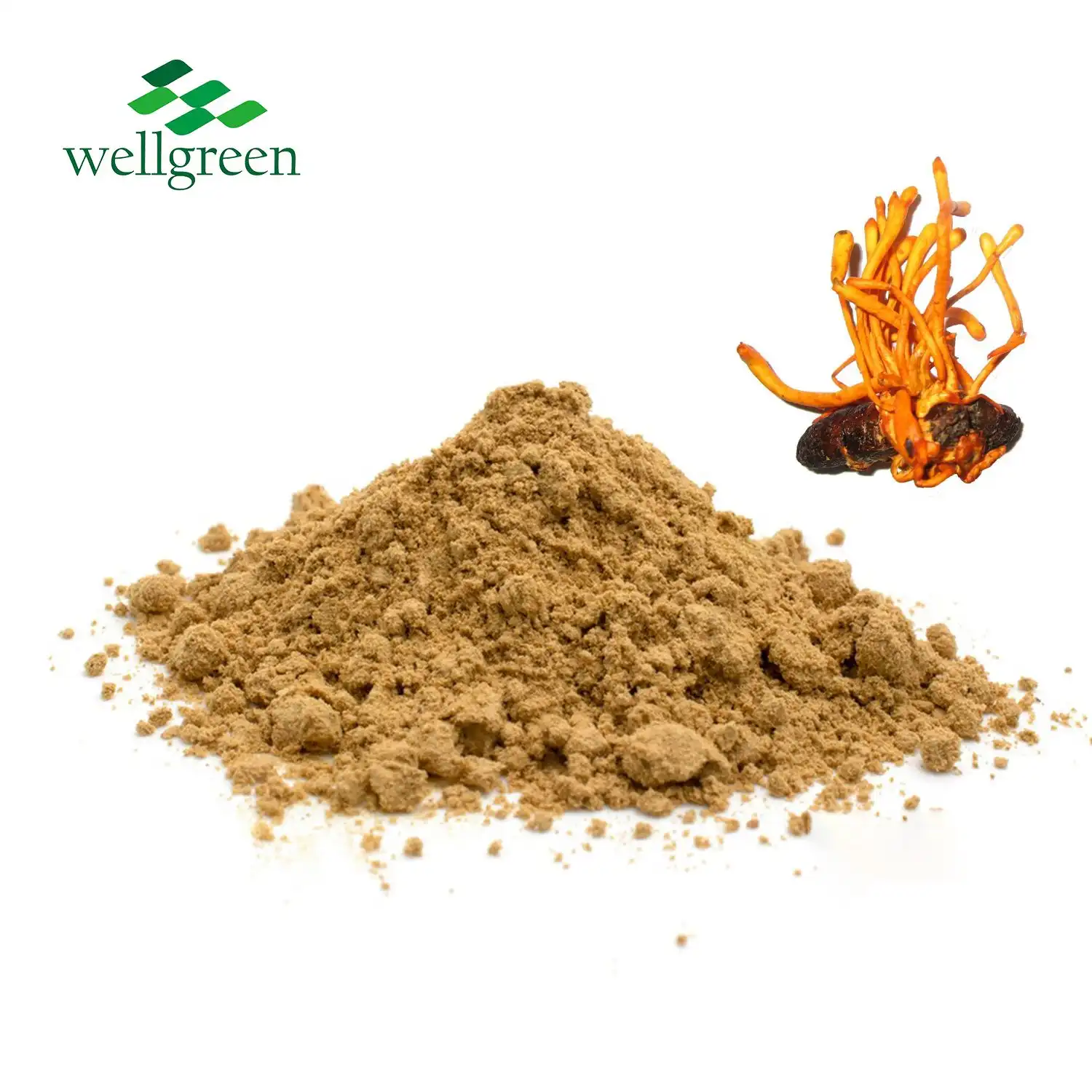Can Mogroside Monk Fruit Replace Sugar in Your Diet?
2025-07-16 13:23:58
Mogroside monk fruit extract has emerged as a promising alternative to traditional sugar, offering a natural, zero-calorie sweetening solution for health-conscious consumers. Derived from the monk fruit (Siraitia grosvenorii), mogroside powder provides intense sweetness without the caloric burden or glycemic impact of sugar. This makes it an attractive option for those looking to reduce their sugar intake, manage weight, or control blood sugar levels. While mogroside monk fruit can effectively replace sugar in many applications, it's important to consider its unique properties and potential limitations. As we explore the benefits and uses of this innovative sweetener, we'll discover how it compares to traditional sweeteners and its potential to revolutionize food and beverage formulations.

How Does Mogroside Compare to Traditional Sweeteners?
Sweetness Intensity and Profile
Mogroside monk fruit extract stands out for its remarkable sweetness intensity, which can range from 150 to 300 times sweeter than sucrose. This high potency means that only minute quantities are needed to achieve the desired sweetness level in foods and beverages. Unlike some artificial sweeteners that may have a bitter aftertaste, mogroside powder generally offers a clean, pleasant sweetness profile. However, some individuals may perceive a slight licorice-like aftertaste, which can be mitigated through careful formulation and blending with other sweeteners.
Nutritional Impact
One of the most significant advantages of mogroside monk fruit over traditional sweeteners is its negligible caloric content. While sugar provides 4 calories per gram, mogroside powder contributes virtually no calories to the diet. This characteristic makes it an excellent choice for individuals seeking to reduce their calorie intake without sacrificing sweetness. Additionally, mogroside extract doesn't impact dental health negatively, as it doesn't promote tooth decay like sugar does.
Stability and Versatility
Mogroside monk fruit demonstrates impressive stability across a wide range of pH levels and temperatures. This property enhances its versatility in various food and beverage applications, including baked goods, which require high-temperature processing. Unlike some artificial sweeteners that may break down or lose sweetness when heated, mogroside powder maintains its sweetening power throughout cooking and baking processes. This stability also contributes to a longer shelf life for products formulated with mogroside extract.
Calorie-Free Sweetening and Glycemic Impact
Blood Sugar Management
For individuals concerned about blood sugar levels, mogroside monk fruit offers a significant advantage over traditional sugar. The glycemic index (GI) of mogroside powder is essentially zero, meaning it doesn't cause a rapid spike in blood glucose levels after consumption. This property makes it an excellent sweetening option for people with diabetes or those following low-carbohydrate diets. By replacing sugar with mogroside extract, individuals can enjoy sweet foods and beverages without compromising their blood sugar control.
Weight Management Benefits
The calorie-free nature of mogroside monk fruit makes it a valuable tool for weight management. By substituting sugar with mogroside powder in various foods and drinks, individuals can significantly reduce their overall calorie intake without feeling deprived of sweet flavors. This can be particularly beneficial for those looking to create a calorie deficit for weight loss or maintain a healthy weight. However, it's important to note that simply replacing sugar with mogroside extract doesn't automatically lead to weight loss; overall dietary habits and lifestyle factors play crucial roles in weight management.
Potential Metabolic Effects
Emerging research suggests that mogroside monk fruit may offer additional metabolic benefits beyond its zero-calorie profile. Some studies have indicated that mogrosides may have antioxidant properties and could potentially influence glucose metabolism positively. While these findings are promising, more extensive human clinical trials are needed to fully understand the long-term metabolic effects of regular mogroside consumption. As research progresses, we may uncover additional health benefits associated with this natural sweetener.

Application in Food and Beverage Product Formulations
Beverage Applications
Mogroside monk fruit has found widespread application in the beverage industry, particularly in the development of zero-calorie and reduced-sugar drinks. Its high stability in liquid formulations makes it ideal for use in carbonated soft drinks, flavored waters, teas, and sports drinks. Beverage manufacturers appreciate mogroside powder's ability to provide sweetness without contributing to the calorie content or affecting the mouthfeel of the final product. When formulating with mogroside extract, it's crucial to consider its intense sweetness and adjust concentrations carefully to achieve the desired flavor profile.
Baked Goods and Confectionery
Incorporating mogroside monk fruit into baked goods and confectionery products presents both opportunities and challenges. While its heat stability allows for use in baking applications, formulators must address the bulking and textural properties typically provided by sugar. Mogroside powder alone cannot replicate these functional aspects, so it's often combined with other bulk sweeteners or fibers to achieve the desired texture and mouthfeel in cakes, cookies, and pastries. In confectionery, mogroside extract can be used to create sugar-free candies and chocolates, though careful consideration must be given to achieving the right balance of sweetness and texture.
Dairy and Frozen Desserts
The dairy industry has embraced mogroside monk fruit as a sweetening solution for yogurts, flavored milk, and ice creams. Its ability to provide sweetness without adding calories aligns well with consumer demand for healthier dairy options. In frozen desserts, mogroside powder can help reduce sugar content while maintaining the expected sweetness level. However, formulators must account for the freezing point depression typically caused by sugar and adjust their recipes accordingly to ensure proper texture and scoopability in ice creams and frozen yogurts.
Conclusion
Mogroside monk fruit presents a compelling alternative to traditional sugar in many dietary applications. Its zero-calorie profile, negligible glycemic impact, and natural origin make it an attractive option for health-conscious consumers and food manufacturers alike. While mogroside powder can effectively replace sugar in various food and beverage formulations, its unique properties require careful consideration in product development. As research continues to unveil potential health benefits and innovative applications, mogroside monk fruit is poised to play an increasingly significant role in our quest for healthier, lower-sugar food options.
Contact Us
Ready to explore the possibilities of mogroside monk fruit in your product formulations? Contact Xi'an wellgreen at wgt@allwellcn.com for high-quality mogroside powder and expert support in incorporating this innovative sweetener into your products.
References
1. Li, D., et al. (2014). Biological and pharmacological properties of mogrosides from Siraitia grosvenorii. Journal of Agricultural and Food Chemistry, 62(12), 2616-2625.
2. Tey, S. L., et al. (2017). Effects of aspartame-, monk fruit-, stevia- and sucrose-sweetened beverages on postprandial glucose, insulin and energy intake. International Journal of Obesity, 41(3), 450-457.
3. Xu, Q., et al. (2015). Antioxidant effect of mogrosides against oxidative stress induced by palmitic acid in mouse insulinoma NIT-1 cells. Brazilian Journal of Medical and Biological Research, 48(11), 949-955.
4. Di, R., et al. (2011). Anti-inflammatory activities of mogrosides from Momordica grosvenori in murine macrophages and a murine ear edema model. Journal of Agricultural and Food Chemistry, 59(13), 7474-7481.
5. Pawar, R. S., et al. (2013). Calorie-free sweeteners derived from Luo Han Guo. In Alternative Sweeteners (pp. 397-413). CRC Press.
6. Chen, W. J., et al. (2018). The effect of mogrosides on diabetes and diabetic complications: A review of in vitro, animal and human studies. Journal of Nutritional Biochemistry, 61, 106-121.

